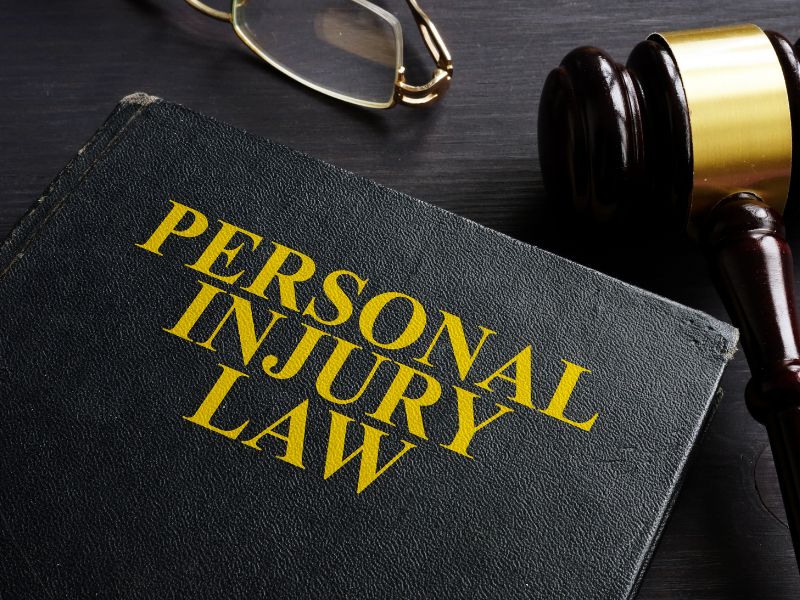
What is the law of personal injuries?
The law of personal injuries is a critical aspect of legal practice, especially pertinent to us as personal injury attorneys based in Tampa, Florida. This legal field addresses the rights and remedies available to individuals who have suffered harm due to the negligent, reckless, or intentional actions of others. In this article, we delve into the nuances of the law of personal injuries, offering insights and guidance for those seeking to understand their rights and options. And if you need to speak to an expert, contact us here – https://getjustice.com/tampa/
Definition and Scope
At its core, the law of personal injuries encompasses a wide range of incidents, from automobile accidents to workplace injuries, medical malpractice, and even slip-and-fall incidents. This legal domain operates under the principle that individuals or entities responsible for causing harm to others must compensate the injured parties for their losses. These losses can include medical expenses, lost wages, and pain and suffering.
Negligence: The Foundation of Personal Injury Law
A cornerstone of the law of personal injuries is the concept of negligence. Negligence occurs when someone fails to exercise a level of care that a reasonably prudent person would in similar circumstances, leading to injury or harm to another person. To establish negligence, four key elements must be proven: duty, breach, causation, and damages.
- Duty: The defendant had a legal duty to act (or not act) in a certain way towards the plaintiff.
- Breach: The defendant breached that duty through action or inaction.
- Causation: The defendant’s breach of duty directly caused the plaintiff’s injuries.
- Damages: The plaintiff suffered quantifiable harm as a result.
Types of Personal Injury Cases
The law of personal injuries covers a diverse array of cases. Some common types include:
- Auto Accidents: Injuries sustained in vehicle collisions, often involving issues of driver negligence.
- Medical Malpractice: Harm caused by healthcare professionals not meeting the standard of care in their practice.
- Workplace Accidents: Injuries occurring in the work environment, which may involve workers’ compensation claims.
- Product Liability: Injuries caused by defective or dangerous products.
- Premises Liability: Injuries occurring on someone else’s property, such as slip and fall incidents.
Compensation in Personal Injury Cases
Victims in personal injury cases may be entitled to various forms of compensation, known as damages. These can be categorized as:
- Economic Damages: Tangible losses such as medical bills, lost wages, and property damage.
- Non-Economic Damages: Intangible losses like pain and suffering, emotional distress, and loss of enjoyment of life.
- Punitive Damages: In some cases, if the defendant’s conduct was particularly egregious, additional damages may be awarded to punish the wrongdoer and deter similar conduct in the future.
Statute of Limitations
In Florida, like in other states, personal injury cases are subject to a statute of limitations. This is a deadline by which a lawsuit must be filed. Failing to file within this time frame can result in losing the right to sue. In Florida, the statute of limitations for most personal injury cases is four years from the date of the incident.
Conclusion
The law of personal injuries is a complex and nuanced field, integral to ensuring justice for those who have suffered harm due to others’ actions. As Tampa personal injury attorneys, we are dedicated to navigating these complexities and advocating for the rights of our clients. Whether dealing with an auto accident, medical malpractice, or any other form of personal injury, understanding and effectively utilizing the law is crucial in seeking fair compensation and holding responsible parties accountable.
